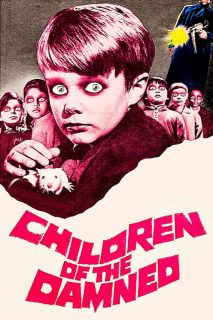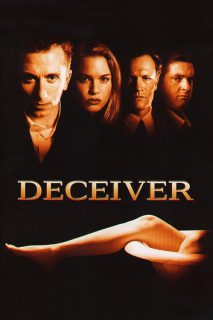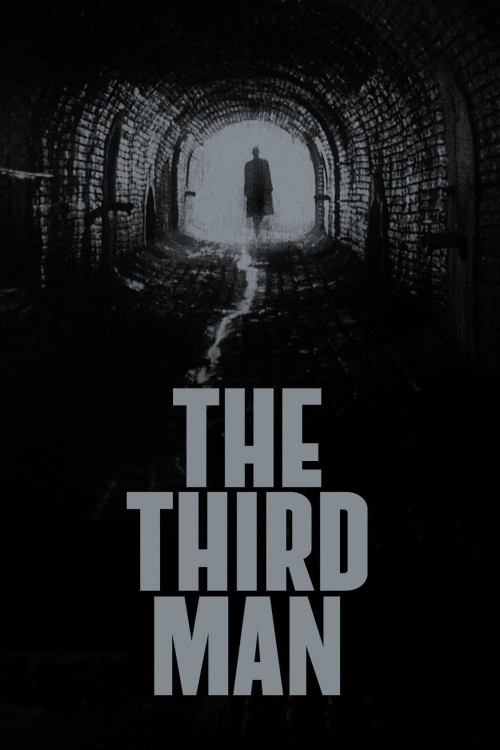
- Year: 1949
- Released: 03 Sep 1949
- Country: United Kingdom
- Adwords: Won 1 Oscar. 5 wins & 4 nominations total
- IMDb: https://www.imdb.com/title/tt0041959/
- Rotten Tomatoes: https://www.rottentomatoes.com/m/the_third_man
- Metacritics: https://www.metacritic.com/movie/the-third-man
- Available in: 720p, 1080p,
- Language: English, German, Russian, French
- MPA Rating: Approved
- Genre: Film-Noir, Mystery, Thriller
- Runtime: 93 min
- Writer: Graham Greene, Orson Welles, Alexander Korda
- Director: Carol Reed
- Cast: Orson Welles, Joseph Cotten, Alida Valli
- Keywords: noir, investigation, missing person, cemetery, cover-up,
 | 8.1/10 |
 | 97/100 |
 | 99% – Critics |
 | 93% – Audience |
The Third Man Play trailer
The Third Man Photos
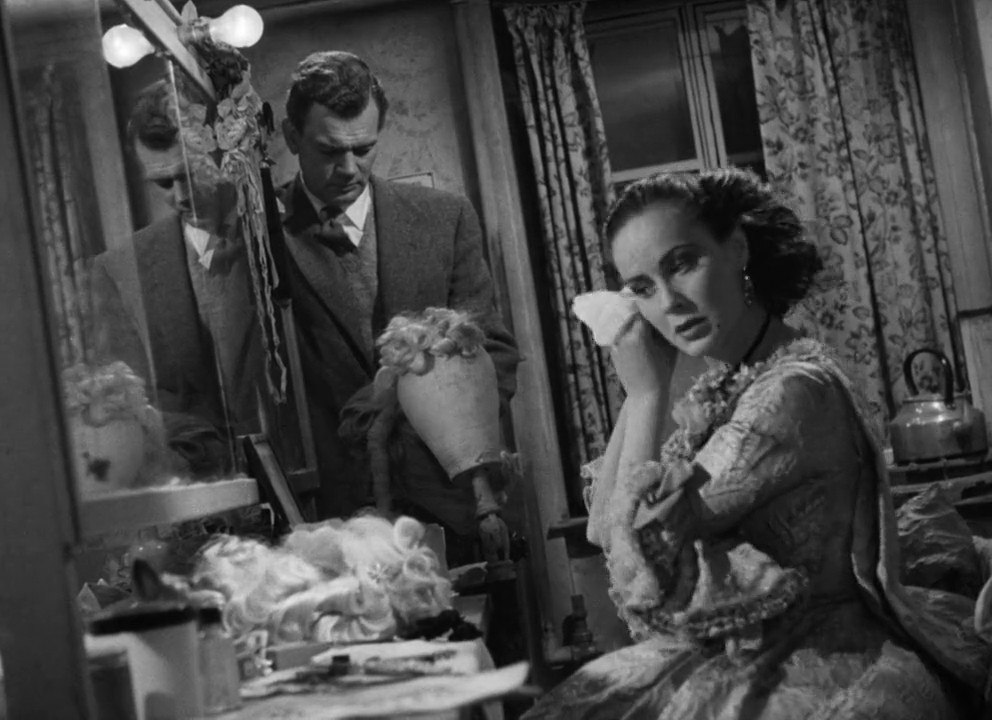
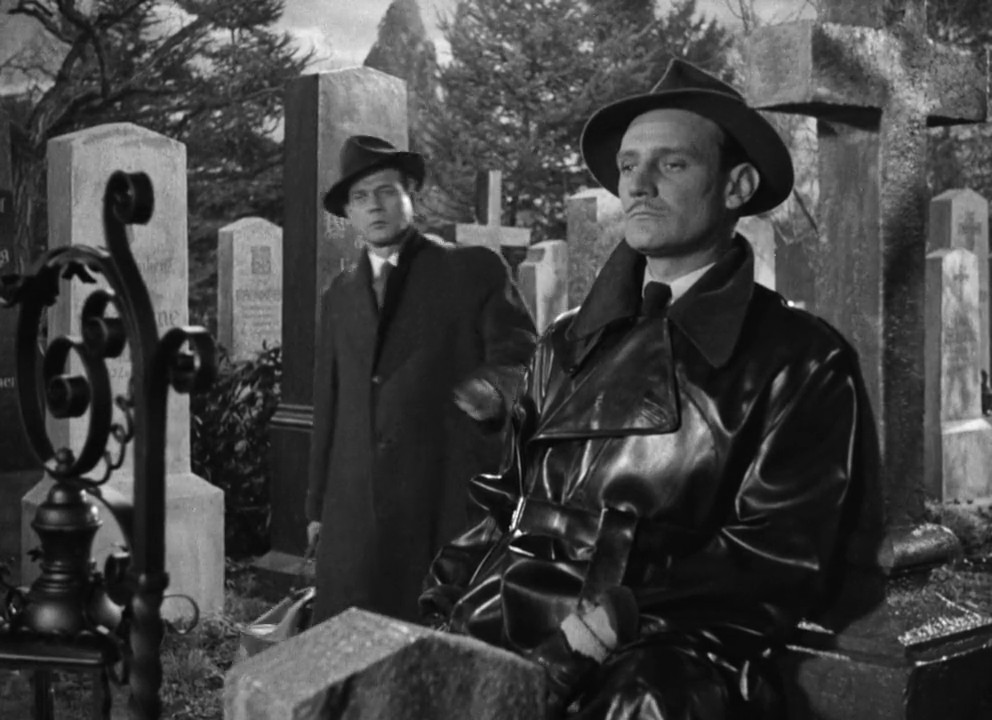
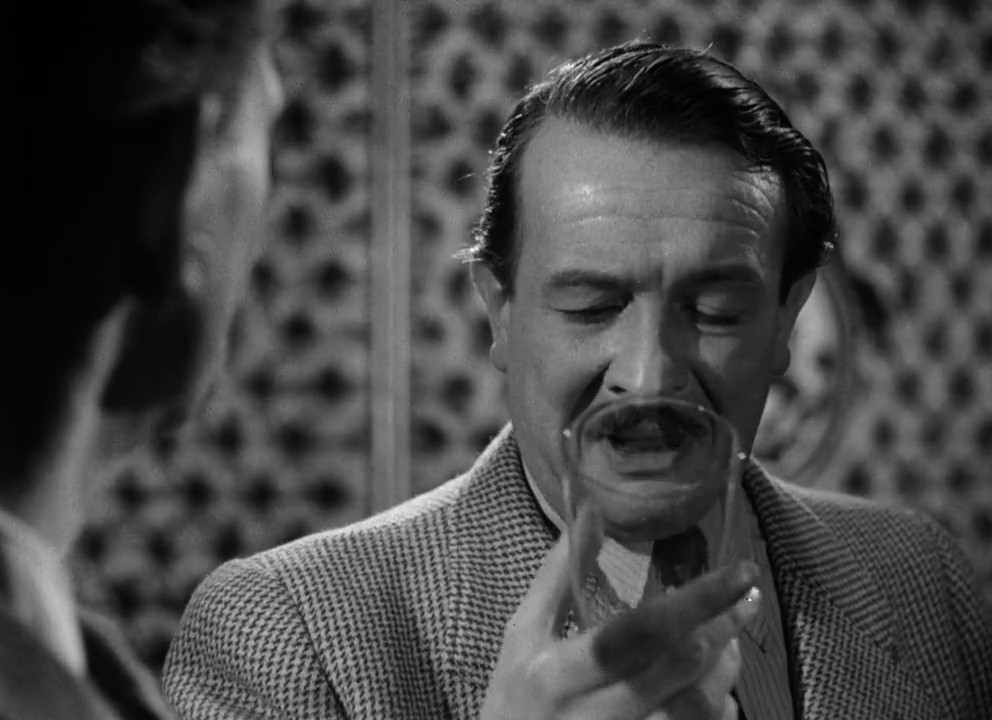
The Third Man Torrents Download
| 720p | bluray | 806.24 MB | magnet:?xt=urn:btih:074BE130981DC339C6FB70A5E711F30BAC210169 | |
| 1080p | bluray | 1.63 GB | magnet:?xt=urn:btih:00AA583B37A4B3F896539A84C285DAC9995ADDCD |
The Third Man Subtitles Download
| Arabic | subtitle The Third Man | |
| Brazilian Portuguese | subtitle The Third Man | |
| Bulgarian | subtitle The Third Man | |
| Chinese | subtitle The Third Man | |
| Croatian | subtitle The Third Man | |
| Croatian | subtitle The Third Man | |
| Dutch | subtitle The Third Man | |
| Dutch | subtitle The Third Man | |
| Dutch | subtitle The Third Man | |
| English | subtitle The Third Man | |
| English | subtitle add | |
| French | subtitle The Third Man (1949) | |
| French | subtitle The.Third.Man.1949.720p.BluRay.x264. | |
| Greek | subtitle The.Third.Man.1949.720p.BluRay.x264. | |
| Greek | subtitle Третий человек The Third Man 1949 BDRip AVC от HQ ViDEO | |
| Hebrew | subtitle the third man | |
| Korean | subtitle The.Third.Man.1949.1080p.BluRay.x264-YIFY | |
| Spanish | subtitle The.Third.Man.1949.720p.BluRay.x264. | |
| Spanish | subtitle The Third Man | |
| Spanish | subtitle The Third Man | |
| Turkish | subtitle The Third Man |
The Third Man Movie Reviews
Vienna Without a Waltz
Although I am as old as this movie, produced in 1949, I have not aged nearly as well. This film, directed brilliantly by Carol Reed (“Odd Man Out”, “The Fallen Idol”) and written by Graham Greene, who created a long list of memorable cinematic scripts, ingeniously captures the prevailing atmosphere of disruption and chaos that Vienna, a once highly civilized city, experienced during the years that followed World War II. The upheaval is physical, social, economic, political, moral, spiritual. You name it. Vanquished Vienna, conquered by the Allies, was crippled by turmoil in every imaginable way, and we viewers are given the opportunity to experience it up close, right here.
I spent a number of months in Europe after I graduated from college in 1971. Although the war had been over for more than 25 years by then, I was struck by a very pronounced attitude of cynicism on the part of many Europeans regarding uniquely American ideals and principles, which were widely considered to be naive. To me, this film accurately captures this cultural and moral conflict, which lasted for decades and may even survive to this day. “You and your American principles,” they would often scoff at me with mocking derision. In many ways, the character of Holly Martins (Joseph Cotten), an American who crashes into post-World War II Europe, is a victim of a serious cultural divide. Unlike the Europeans, Martins always has the option of fleeing from the chaos and returning to the United States. For that alone, he may be resented by the local Viennese.
What does Anna (Alida Valli) know about the illegal activities of her lover, Harry Lime (Orson Welles), which includes the sale of diluted penicillin to Vienna’s hospitals? For children with meningitis, watered down penicillin was not only useless, but it created an immunity from full strength penicillin so that these afflicted children could never receive effective treatment. Corrupted penicillin is a glaring symbol of a totally corrupted Vienna. Harry surely understands the consequences of his business, but what about Anna? Even after the truth about Harry’s conduct is clearly revealed to her, she still sticks by him to the bitter end. Love conquers all? Stand by your man, regardless of the misery that he is causing to his innocent victims? While I don’t blame her for rejecting the romantic overtures of Martins, who is somewhat of a schnook, what’s with her anyway? She reminds me of the Europeans who never once caught a whiff of the burning flesh from the overworked crematoria of the concentration camps that blackened the air all around them. She is deeply in love with Harry, so just shut up about children with meningitis. OK, Anna, whatever you say, sweetheart. Perhaps those silly 18th century costume comedies in which you appear will provide the escape from reality that you so desperately seek. At least you manage to crack a weak, forced smile on stage, which is the only smile that we will ever see from you.
From beginning to end, the unusual camera angles, the dark, somber, haunting sidewalks of Vienna, and the conquered city’s eerie, drenched cobblestone streets contribute to the overall foreboding atmosphere of the film, which was remarkably photographed by Australian Robert Krasker (“Odd Man Out”, “Brief Encounter”). From every direction and without advance notice, unforgettable images and characters appear before us, emphasizing an overall mood of mayhem and unpredictability. We witness, for example, Anna’s landlady, draped in a bedspread for warmth in a state of deep distress by the sudden invasion of her house by “officials” representing not one foreign nation but four of them. Then we observe a ludicrous, bureaucratic “cultural re-education conference” offered to the Viennese by the allied victors, presumably to rehabilitate them after seven years of Nazi domination. And from where on earth did the balloon seller come as he pathetically peddles his merry merchandise on the dark, abandoned streets of Vienna, which are not only completely void of children at the time but of all people?
And what of the inquisitive, confused character of Holly Martins, played with the usual, smooth agility of Joseph Cotten? As the writer of mass marketed western novels that even a young British sergeant happens to read, why is he broke, and what kind of job would Lime have offered him in an unfamiliar, German-speaking Vienna that is gripped by post-war disorder, unemployment, and foreign occupation? Construction work, perhaps?
While some reviewers disliked the zither music of Anton Karas, I think that the unique, high pitched sound contributes to the general atmosphere of nervous tension and uneasiness that prevails. Would you prefer Strauss waltzes instead? They wouldn’t be nearly as effective in conveying the overwhelming atmosphere of chaos, even insanity, that plagues Vienna on so many levels at the time.
Finally, we are brought to the hidden network of grand Vienna’s underground sewers. What could be a more fitting symbol of the underlying foulness that lurks beneath the thin, shallow surface of what we call “civilization”? This subterranean labyrinth provides the perfect setting for the ending of an extraordinary film that very effectively portrays a world that has succumbed to a state of disorder, misery, and even madness. Ultimately, it is all destined for the sewer. Bal-loon?
Apart from the music, a nearly perfect film.
I just had the fortune to see “The Third Man” on the big screen as part of the TCM Classic Movie Cruise. And, after seeing it the way it’s meant to be seen, I now consider it to be one of the best films of the era. Aside from the odd soundtrack, which I’ll talk about in a bit, the picture is just about perfect in every way–with great acting, direction and the best black and white cinematography I can recall having seen.
The film follows the oddly named Holly (Joseph Cotten) after he arrives in Vienna to take a job from his old friend, Harry Lime (Orson Welles). However, instead of finding a job he finds his friend is dead and begin buried in the opening scene. He’s also soon shocked to find that his sweet old friend was NOT so sweet after all, though Holly is a good fellow and cannot believe Harry was THAT vicious and evil. What’s to become of the idealistic Holly and is there much more to this story than meets the eye?
“The Third Man” is incredibly inventive in many ways–especially with the film noir-like camera-work. The wonderful shadows, askew framing and dankness of the sewers are perfect for the film. And, I really loved Joseph Cotten, a highly underrated actor. My only complaint is the zither music. While it’s very innovative and works well, I wish the film had used it much more sparingly as I felt like screaming out ‘STOP THAT $^%@ MUSIC’ near the end of the movie! Still, it’s such a minor complaint and the rest of the film so incredibly well made, I can overlook this!
Brilliant
The Third Man is really quite a brilliant film, and one of the best British films ever made in my opinion. There are several reasons why I think this. The cinematography is just outstanding, and helps fashion a city full of menace and the score is jaunty and flawlessly echoes the film’s wit and drama. Then there is a dark yet playful script(two other words to describe the film itself too), impeccable direction from master of place, angle and shade Carol Reed and a gem of a story that grips you right up till the ending. The Third Man is also blessed with performances more perfect than you can ask for from Joseph Cotten and especially Orson Welles. Overall, it is a brilliant film, very well made and has a great story. 10/10 Bethany Cox


